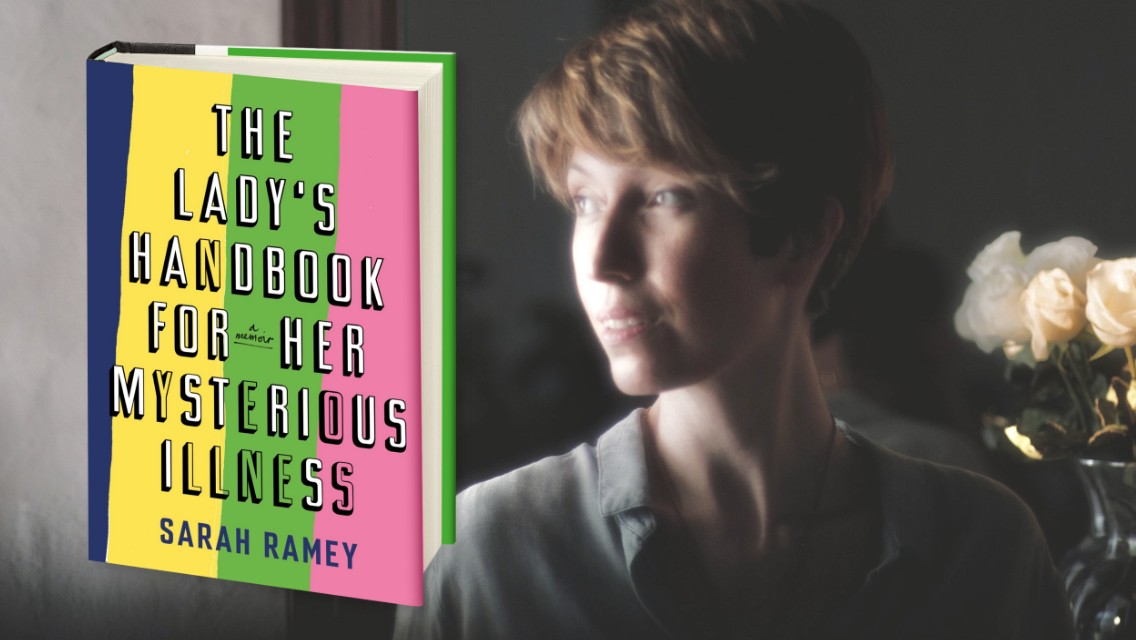Once an obscure example of emotional abuse featured in the 1944 film Gaslight, “gaslighting” has become mainstream parlance. These days, the behavior — manipulating people by trying to undermine their sense of the truth and to sow doubt about their own reality — seems to crop up in everything from politics to the climate crisis and beyond.
A host of recent reports and studies have now directed attention to medical gaslighting. Growing numbers of patients are sharing online personal stories of medical providers dismissing their symptoms as unimportant, psychosomatic, or the manifestations of hypochondria.
Women, people of color, and members of the LGBTQIA+ community are the most likely to have their concerns shrugged off by healthcare workers.
“Some form of diagnostic error occurs in up to one in seven clinical encounters,” according to a 2020 analysis. And between 8 and 15 percent of all U.S. outpatient and hospital admissions are affected by such “missed, wrong, or delayed diagnoses.”
Furthermore, the authors report, “more than 80 percent of diagnostic errors are deemed preventable.” The study does not delve into why this occurs, but it notes that “clinical culture discourages disclosure of diagnostic errors and they are largely neglected within professional training curricula and organizational quality and safety programs.”
Medical gaslighting occurs as a result of “toxic power dynamics” between patients and trained healthcare providers, writes general practitioner Sarah Fraser, MSc, MD, CCFP, in Canadian Family Physician. She differentiates it from “medical bullying,” which can include public humiliation, threats, or blatant insults.
“Gaslighting,” Fraser states, “has been used by physicians to dismiss women’s health problems, enforcing the misogynist stereotype that women are irrational and ‘hysterical,’ a prejudice that dates back centuries.”
(For more on gaslighting, see “How to Respond to Gaslighting“.)





This Post Has 0 Comments